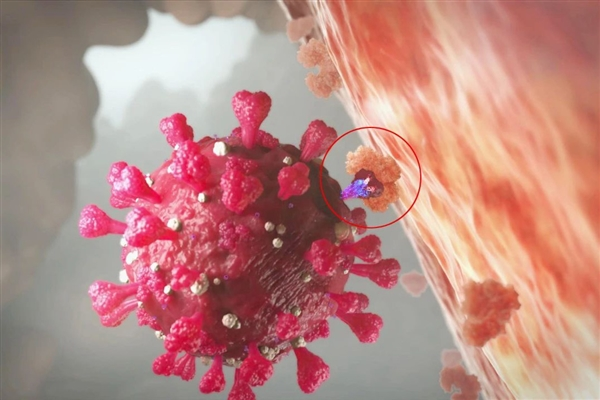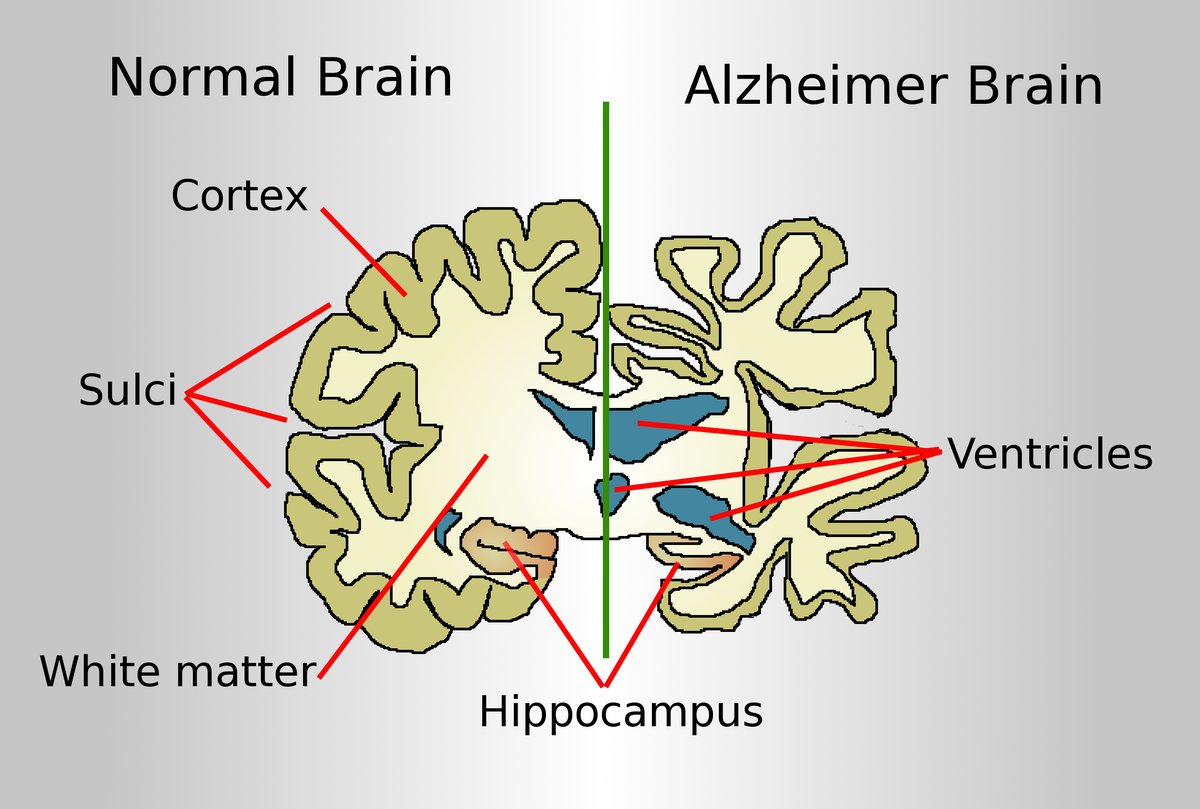Update on Omicron
Omicron update and response measures
On November 26, 2021, according to the recommendations of the WHO Technical Advisory Group on Virus Evolution (TAG-VE), the WHO designated B.1.1.529 as a variant of concern and named it Omicron. This decision is based on the evidence submitted to TAG-VE that Omicron has several mutations that may affect its behavior, such as its ease of transmission or the severity of the disease it causes. The following is a summary of what is currently known.

The latest knowledge about Omega
Researchers in South Africa and around the world are conducting research to better understand many aspects of Omicron and will continue to share the findings of these studies.
Infectiousness: It is not clear whether Omega is more infectious (for example, more easily spread from person to person) compared to other variants including Delta. In South Africa affected by this mutation, the number of people who have tested positive has increased, but epidemiological studies are ongoing to understand whether this is due to Omicron or other factors.
Severity of the disease: It is not yet clear whether infection with Omicron will cause more serious disease than infection with other mutations (including Delta). Preliminary data indicate that the hospitalization rate in South Africa is rising, but this may be due to the increasing number of people infected, rather than the specific infection result of ommicron. There is currently no information that the symptoms associated with Omega are different from those of other variants. The first reported cases of infection were college students-younger people tend to be milder-but it takes days to weeks to understand the severity of the Omicron mutation. All the variants of COVID-19, including the Delta variant that dominates the world, can cause serious illness or death, especially for the most vulnerable people, so prevention is always the key.
Effectiveness of previous SARS-CoV-2 infection
Preliminary evidence suggests that compared with other issues, the risk of re-infection with Omega may be increased (that is, people who have previously been infected with COVID-19 are more likely to be re-infected with Omega), but information is limited. More information on this will be announced in the coming days or weeks.
Vaccine effectiveness: WHO is working with technical partners to understand the potential impact of this variant on our existing countermeasures, including vaccines. Vaccines remain the key to reducing serious illness and death, including targeting the major circulating variant Delta. Current vaccines are still effective against severe illness and death.
Validity of the current test: The widely used PCR test continues to detect infections, including Omega infections, and we have also seen other mutations. Research is currently underway to determine whether it has any impact on other types of tests, including rapid antigen detection tests.
Effectiveness of current treatment: Glucocorticoids and IL6 receptor blockers can still effectively manage severe COVID-19 patients. Other treatments will be evaluated to see if they are still effective because some viruses in the Omicron variant have changed.
Research in progress
Currently, WHO is coordinating with a large number of researchers around the world to better understand Omega. Research that is currently ongoing or about to be conducted includes assessment of transmission, severity of infection (including symptoms), performance of vaccines and diagnostic tests, and effectiveness of treatment.
WHO encourages countries to help collect and share data on hospitalized patients through the WHO COVID-19 clinical data platform to quickly describe clinical characteristics and patient outcomes.
More information will be announced in the coming days or weeks. WHO TAG-VE will continue to monitor and evaluate the data obtained, and evaluate how Omega’s mutation changes the behavior of the virus.
Recommended actions for countries
Since Omega has been designated as a variant of interest, WHO recommends that countries take several actions, including strengthening surveillance and case sequencing; sharing genome sequences on public databases, such as GISAID; and reporting initial cases or clusters to WHO Cases; conduct field investigations and laboratory evaluations to better understand whether Omega has different transmission or disease characteristics, or whether it affects the effectiveness of vaccines, treatments, diagnosis, or public health and social measures. For details, please see the announcement on November 26.
Countries should continue to take effective public health measures, use risk analysis and scientific methods to reduce the spread of COVID-19 in an all-round way. They should improve some public health and medical capabilities to deal with the increase in cases
On November 24, 021, the World Health Organization (WHO) reported a new variant B.1.1.529 of SARS-CoV-2. This new variant was first discovered in specimens collected in Botswana on November 11, 2021 and in South Africa on November 14, 2021.
On November 26, 2021, WHO named it B.1.1.529 Omicron and classified it as a variant of concern (VOC). On November 30, 2021, the United States designated Omicron as a variant of interest and confirmed the first confirmed case of Omicron in the United States on December 1, 2021.
The U.S. Centers for Disease Control and Prevention has been working with global public health and industry partners to learn about Omega, and we continue to monitor its progress. Throughout the pandemic, CDC has been using genome surveillance to track the mutation of the SARS-CoV-2 virus that causes COVID-19 and to provide information for public health practices. We don’t yet know how easy it is to spread, how serious the disease it causes, or how effective existing vaccines and drugs are against it.
Although Omicron has increased its focus on Delta, Delta is still the main variant circulating in the United States.





